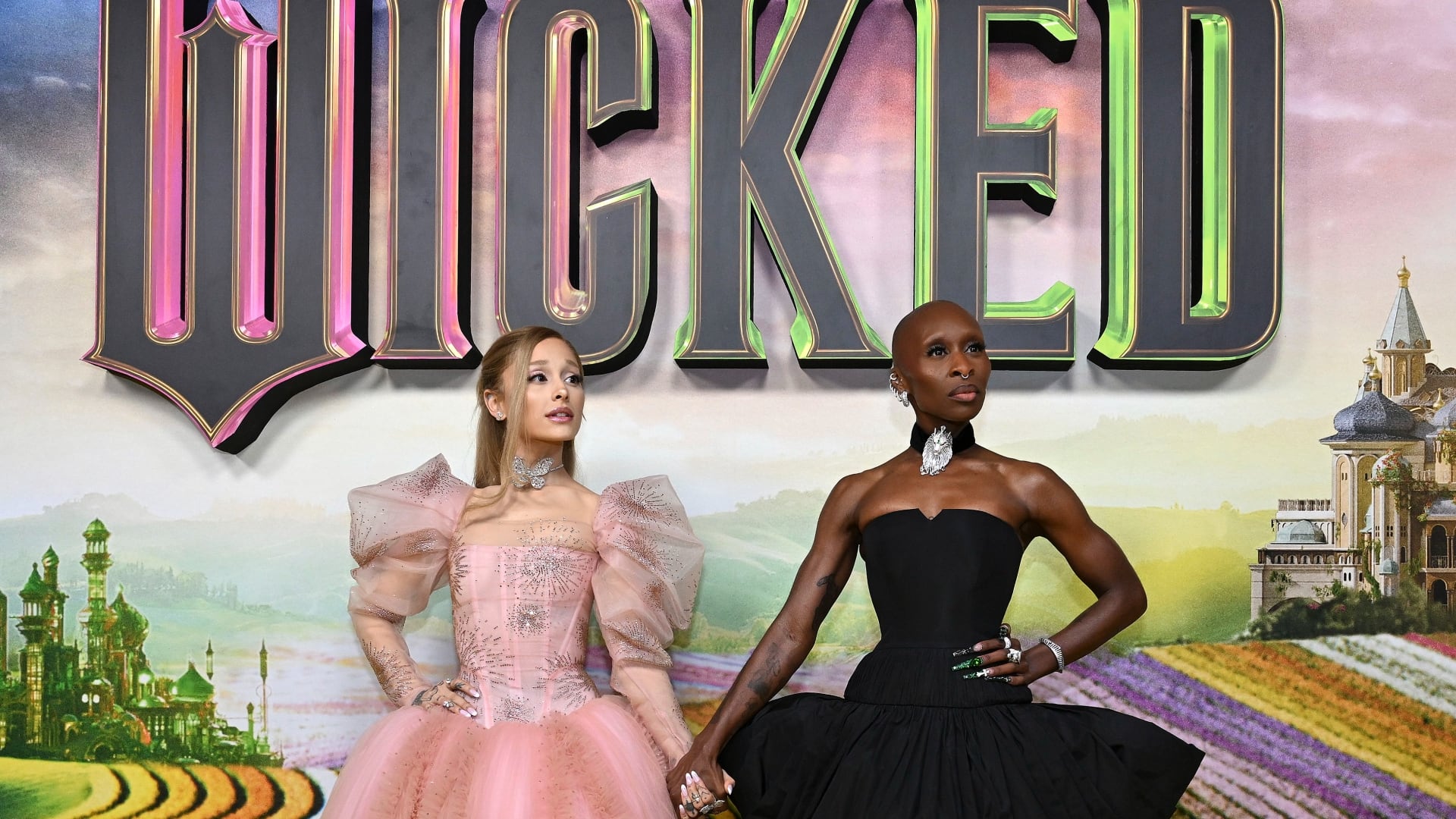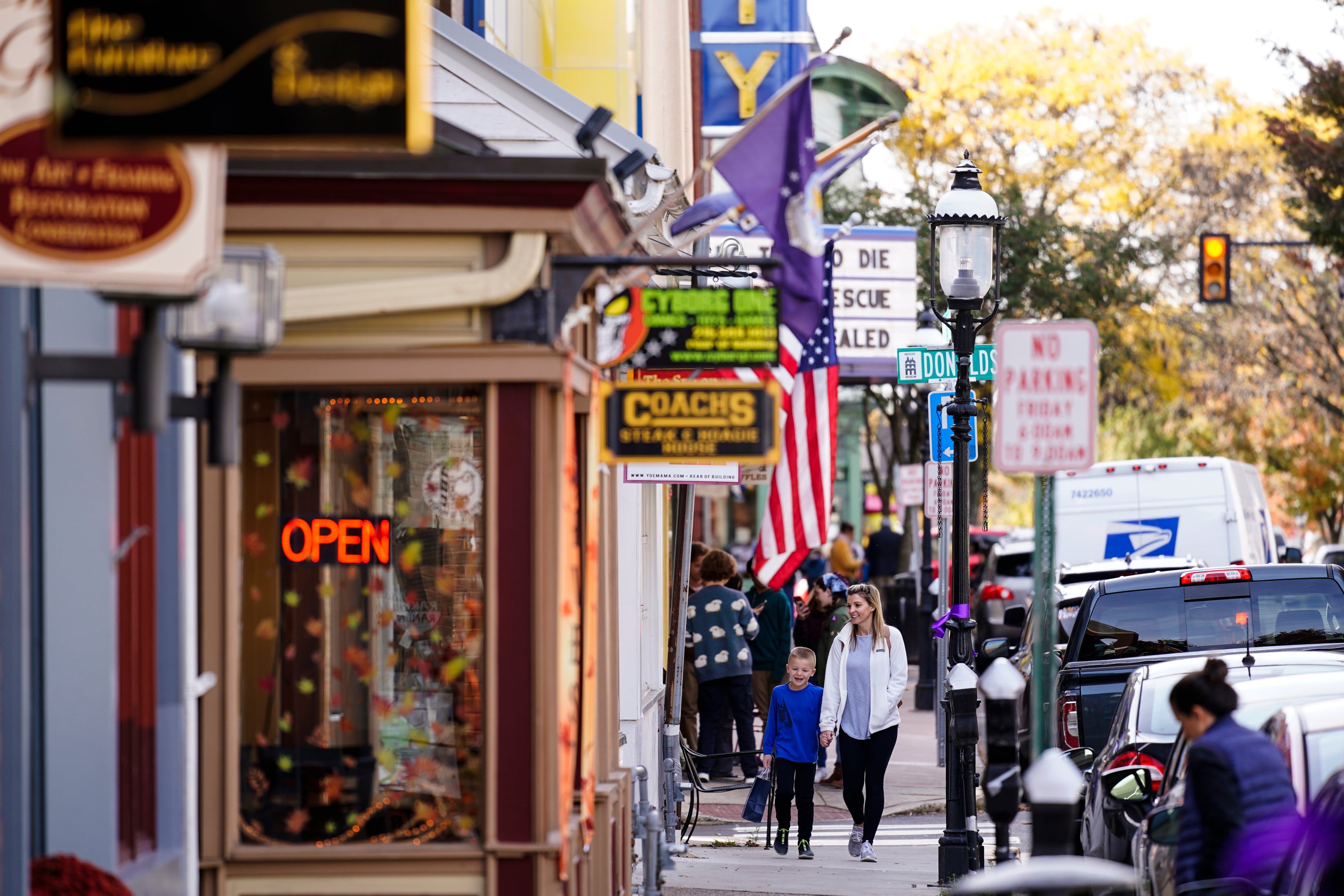*By Carlo Versano* As Via celebrates five years since its founding in New York, the rideshare service ー a "glorified bus," in the words of the company's CEO ー is looking to new mobility solutions for its next phase of growth. Via CEO and co-founder Daniel Ramot told Cheddar Wednesday that he is eyeing the scooter space, which has become a hot sector for rideshares that want to compete for multimodal commuters. Beyond scooters, Ramot pointed to e-bikes, bicycles, mopeds all as worthy areas for exploration. "They all work together really well," he said. Via differentiates itself from services like Uber and Lyft by using "dynamic" platform and route-planning that makes it part bus, part taxi, Ramot said. Riders are charged a flat fare and sometimes have to walk to specific pick-up points. In New York, 95 percent of Via rides are shared, Ramot said. One thousand routes a day in the Big Apple have at least five pick-ups, making Via more efficient than the carpool services offered by competitors. The company also claims to have saved 25 million pounds of CO2 over its lifespan. Since its launch, Via has expanded to more than 20 international locations and is working with public transit authorities in cities like Berlin to integrate the service into the "fabric" of urban mass transit. “We want to make Via a part of public transportation system in the cities in which we operate," Ramot said. But the company is similar to its better-known competitors in one crucial way: it is strongly opposed to government caps on new rideshare vehicles. Limits, like the one imposed in New York [in August](https://www.nytimes.com/2018/08/08/nyregion/uber-vote-city-council-cap.html), "turn back time" to the days of taxi medallions and more expensive fares, according to Ramot. He said he expects the city's vehicle cap to negatively impact his company at a time when it's trying to expand and innovate. For full interview [click here](https://cheddar.com/videos/via-celebrates-5-years-of-ride-sharing).












